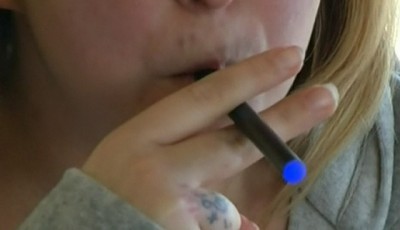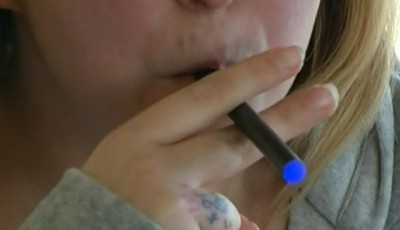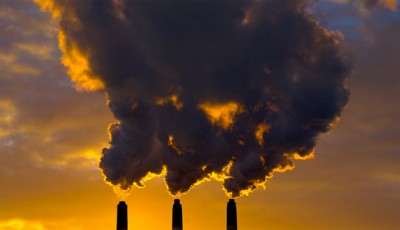Coffee can increase the chances of surviving bowel cancer
The findings come from a large-scale cohort study of almost 1,000 stage III cancer patients undergoing treatment.
Study participants with state III colon cancer who drank four or more cups of coffee daily were 42 percent less likely to have their cancer recur than patients who did not drink coffee at all.
Our study specifically looked at patients with stage III colon cancer or lymph node-positive colon cancer.
The study found that patients consuming four cups or more of total coffee per day experienced an adjusted hazard ratio for colon cancer recurrence or mortality of 0.58 (95% CI, 0.34-0.99), compared with those who did not drink coffee ( P =.002) and patients consuming four cups or more of caffeinated coffee experienced a 52% reduction in cancer recurrence or mortality risk compared with abstainers (HR, 0.48; 95% CI, 0.25-0.91; P =.002). Nonherbal tea and decaffeinated coffee were not associated with patient outcomes.
It follows a number of recent studies suggesting that coffee may have protective effects against the development of several kinds of cancer, including reduced risks of postmenopausal breast cancer, melanoma, liver cancer, advanced prostate cancer.
“If you’re a coffee drinker and are being treated for colon cancer, don’t stop”, said Charles Fuchs, director of the Gastrointestinal Cancer Center at Dana-Farber, according to the New York Daily News.
Fuchs said that the antioxidants or compounds in coffee may be responsible for the health benefits of coffee that lowers the risk of cancer. It wasn’t created to prove a cause-and-effect relationship. One hypothesis is that caffeine consumption increases the body’s sensitivity to insulin so less of it is needed, which in turn may help reduce inflammation – a risk factor for diabetes and cancer, Fuchs said. Yet the “prospective” design of the study eliminated patients’ need to recall their coffee-drinking habits years later, which has previously been found as a source of potential bias in some observational studies. “It’s just that for now we can’t say for sure”.
Though the results are promising, researchers aren’t too keen on making recommendation to patients until the results are confirmed by other studies.
Pending further research, scientists at the Dana-Farber Cancer Institute in Boston, who conducted the study, said people should not begin drinking coffee if they aren’t already java drinkers.
In addition, Harvard Medical School associate professor of medicine, Dr. Andrew Chan, notes, “this was a carefully done study that does suggest that coffee certainly isn’t harmful and there’s certainly some value for patients”.












